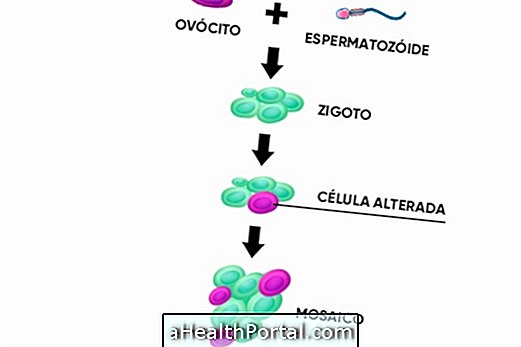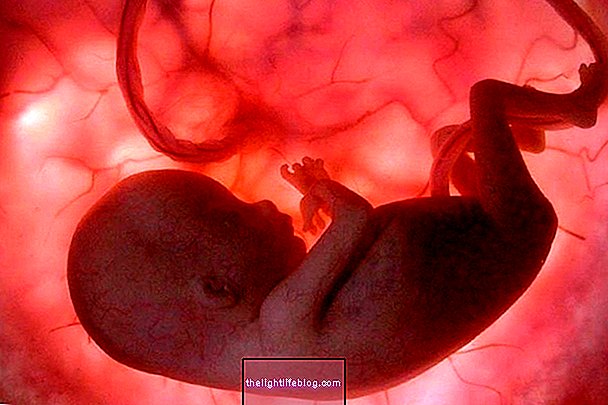Cockayne's syndrome is a rare hereditary disease that usually leads to death by the age of 6 years.
Cockayne's syndrome is caused by genetic mutations that prevent patients from being exposed to sunlight. Upon contact with ultraviolet rays, they develop skin wounds, cataracts, dwarfism and premature aging, resulting in premature death.
Symptoms of Cockayne's Syndrome
The symptoms of this syndrome are characterized by numerous metabolic problems in various organs, including hypersensitivity to sunlight, delayed motor development, mental retardation, hearing problems and a characteristic facial appearance with small face, deep eyes, pointed nose and jaws designed forwards.
Diagnosis of Cokayne's syndrome
The diagnosis is made through DNA tests, which makes it possible to identify the mutations present in the genes and, despite the short life span of the child and there is no effective treatment for Cockayne's syndrome, the diagnosis is extremely important, since it provides the family with the benefit of genetic counseling and prenatal diagnosis in later cases.
Types of Cockayne's Syndrome
There are 2 types of this syndrome, in type I individuals appear to have normal development in the first year of life and in type II the symptoms of the disease are present from birth. Both types have short life expectancies.






















